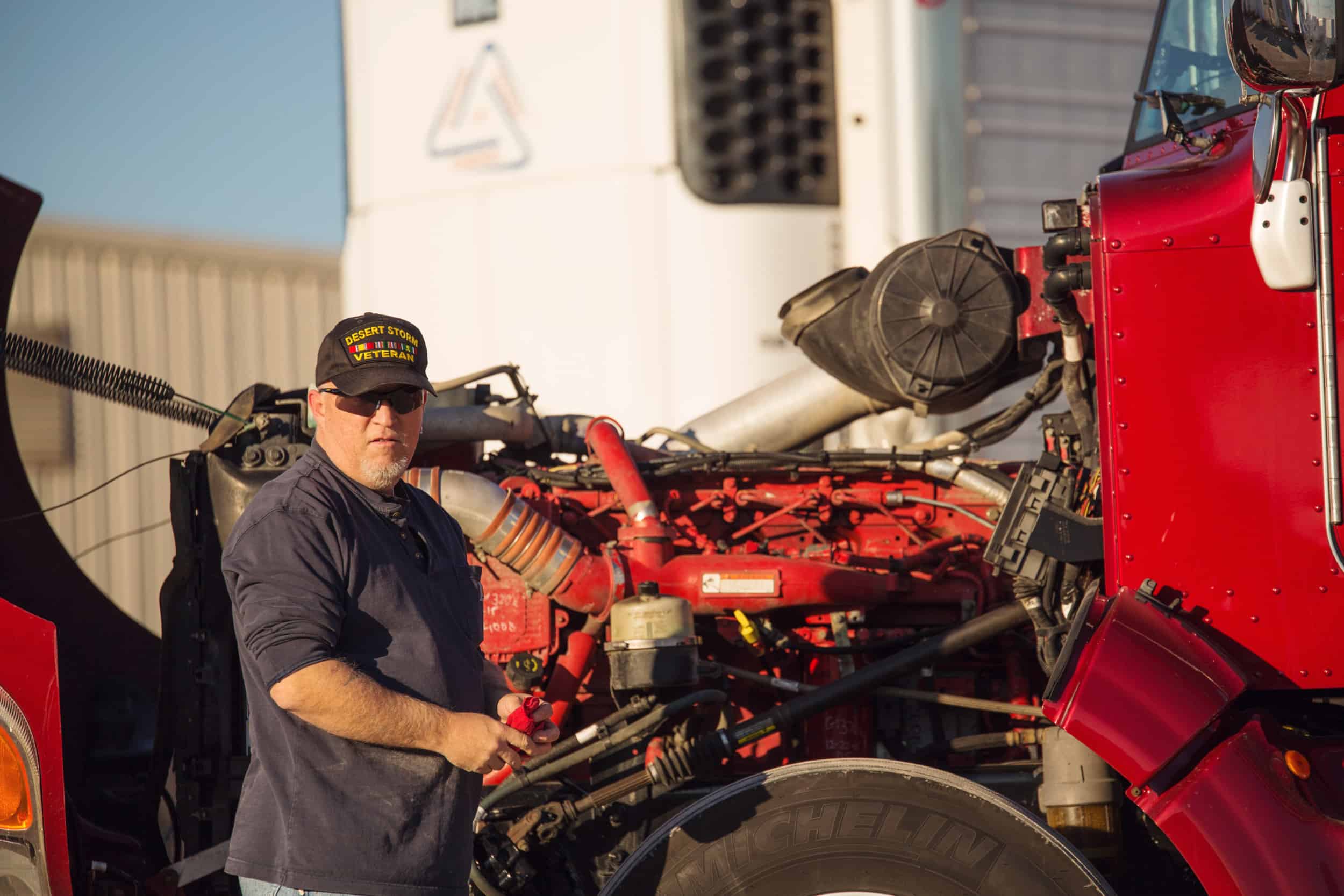4 Rules for Breakdowns and Emergencies
Truck breakdowns and shut downs are a given on the road. No matter how new your big rig is, equipment failure is going to happen at some point. Weather conditions are going to worsen and make travel impossible. Accidents happen. Here are some rules to live by to help you through any emergency break down situation.
Always make contact.
If it is a life threatening emergency, call 911 first then call dispatch to let them know your location and that there is a problem, be it weather, mechanical, or an accident. In case of further issues, somebody needs to know your location. Dispatch can be on alert as to how to help you and can make contact with the customer so you only have to worry about the truck.
Always be aware of your surroundings.
Before pulling the truck to the side of the road, make sure it is safe to do so and ease that way with your emergency flashers on. If possible, limp the truck to the nearest exit or parking lot to be sure you have a safe distance from oncoming traffic. Set out your flares or triangles if you are stopped on the side of a roadway. Assess the situation and make contact with your dispatcher again to keep them in the know on the problem.
Always be prepared.
It’s hard to be caught unaware if you’re at least prepared. When you’re hauling out west, the mountain weather doesn’t care what the groundhog had to say about winter. Spring blizzards and strong winds can continue through April, shutting down roads and major routes quickly. Again, notify dispatch, and if you have to wait, here’s a list of must-haves:
- Cold weather sleeping bag
- Bottled water (enough for 2 days)
- Flashlight (preferably a headlamp so you’re free to use your hands)
- Change of warm clothes
- Ready to eat meals (tuna packs, rice pouches, fruit cups)
- Gloves (a pair of fingerless work gloves with the mitten fold over from the farm store)
Boots - First aid kit and a couple days’ supply of any medications you need
- Extra batteries for the flashlight
- Fire extinguisher (and know how to use it)
- Toolbox (wrenches, screwdrivers, electrical tape, duct tape, fuses, and lightbulbs)
Always use your best judgment.
As the one on the ground, you are the best person to ascertain your safety. If you feel unsafe in an area and are able to move, you should do so. You need to provide your dispatcher with the best information you can so they can provide the best assistance for you.
If you have any other questions about truck driver safety, check out our driver blog.

